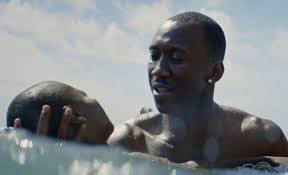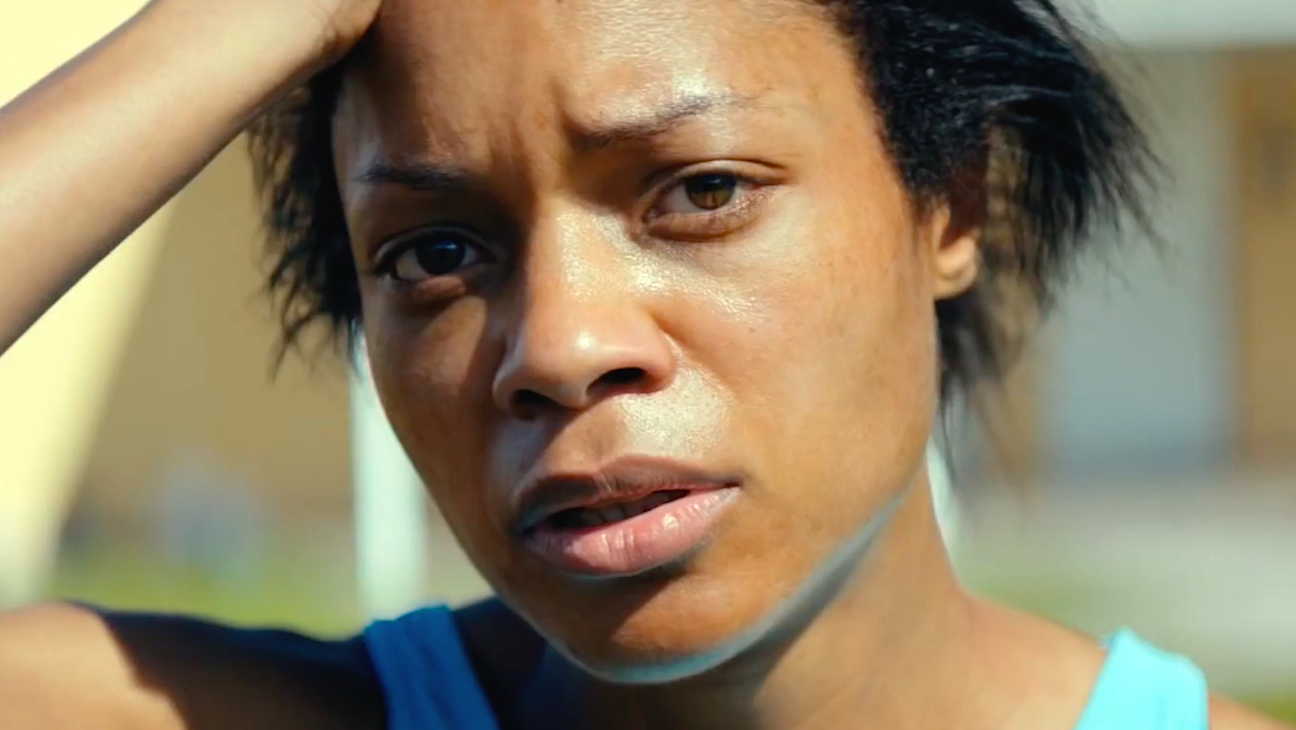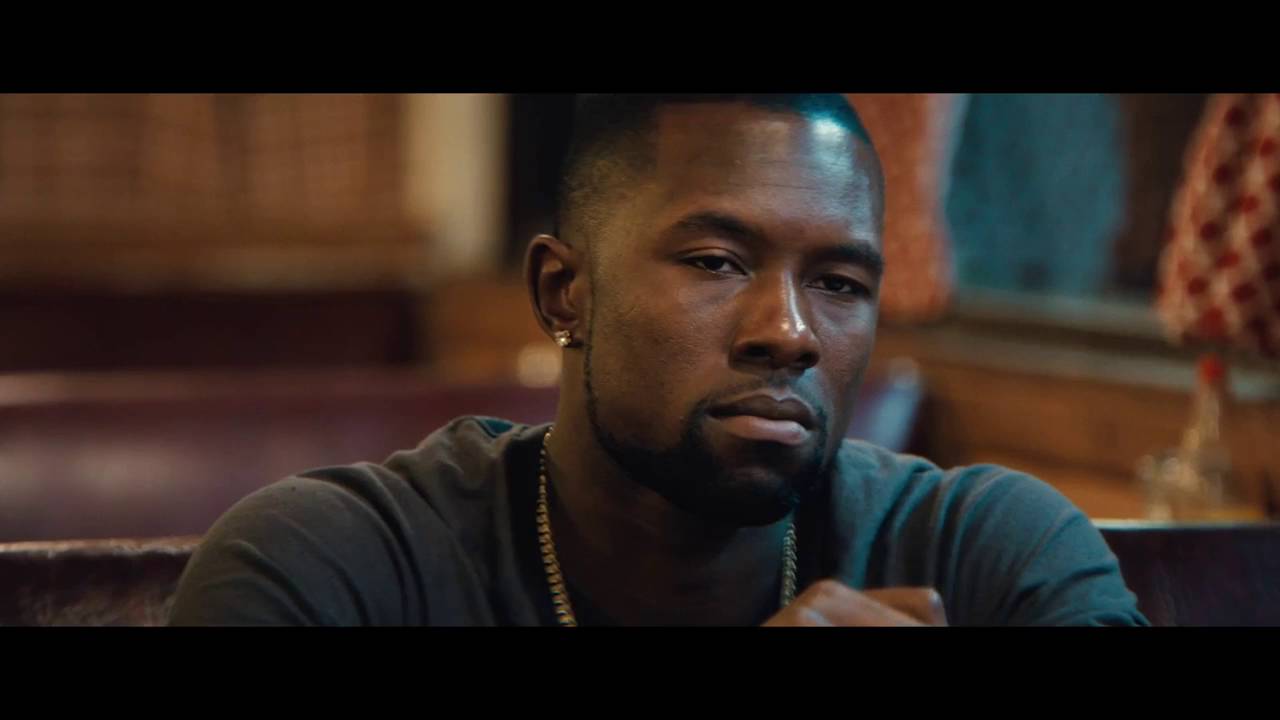Moonlight is a genuine cinematic event. It’s the best movie of the year.
This is starting to seem like received wisdom, as Moonlight picks up awards and accolades. Good. Barry Jenkins’ film is a rebuke — the tenderest imaginable — to normative assumptions about who should be on screen, and why, and how those stories should unfold. But it is never didactic. Why would it be? Moonlight doesn’t have time to argue — it’s too busy immersing you in worlds and lives, framing bodies on lonely beaches, exploring halting desires in half-light, being honest and scared.

Roger Ebert famously called cinema “an empathy machine”. It almost ranks as an injustice that he’s not alive to appreciate this film. More than any others in recent memory, Moonlight is a film that stands before you and demands your engagement — here is a character, here is his life. He is Black, and gay. He is a bullied child, and a fierce adult longing for … something. Moonlight is attuned to the contradictions of modern existence and their uneasy (non)resolutions, never once shrinking from its story. Jenkins never blinks; the story never seeks a gimmick. This counts as narrative bravery in 2016.
The critical shorthand has seemed to settle on Moonlight as “the Black Boyhood.” This is lazy, and actually manages to obscure things more than it opens them up, conflating what’s special about both Boyhood and Moonlight. By telling the story of one individual — Little as a kid, Chiron as an adolescent, Black as an adult — Jenkins opens up an entire world of storytelling.

Where Boyhood focused on the ebb and flow of individual sensory perception and the swirl of experience, Moonlight is a triptych, with clearly demarcated episodes. In this way, it has more in common with Kelly Reichardt’s Certain Women than Linklater’s generation-in-the-making opus — and as it happens, Reichardt’s film is the only other contender for the year’s best. Also, perhaps not coincidentally, both Reichardt and Jenkins pick things up at odd moments, drop them just when most films would start. One barely features a man; the other, to the surprise of some critics, features not a single white face.
Moonlight is based on Tarell Alvin McCraney’s In Moonlight Black Boys Look Blue. The cinematic gesture of that title can’t go unnoticed. Cinematographer James Laxton takes it to heart. Swirling shots disorient; static ones are bathed in luminous grace. The terrifying youth, brutal adolescence, and worried adulthood of our protagonist merge under washed-out skies; love and connection tremble under threat, always just short of being stomped out by a frightened world.
There is no one in Moonlight who does not deserve a mention. Here’s a sincere and gratified salute to Mahershala Ali as our protagonist’s surrogate father, secularly baptizing his charge in the ocean and delivering the gut-punch line, “You could be gay, but don’t let anybody call you a faggot.” Here’s to Naomie Harris as the mom, trying and failing to do right. And here’s to each of the actors playing our hero — Alex Hibbert, Ashton Sanders, and Trevante Rhodes. There is not a false note to be found.

In the age of #OscarsSoWhite, it seems impossible that a film like Moonlight could feature prominently in the Academy Awards, no matter which prizes it picks up before then. And it still might not. But the very fact that a super queer film about negotiating the intricacies of Black masculinity is even in the conversation is starting to feel like a triumph. In 2016, that shouldn’t be true, but here we are.
In any case, make no mistake. Barry Jenkins, and his cast and collaborators, have created an earthquake of a film. Moonlight isn’t just the film of the year; it might be the film of the century to date. And, sitting in the audience watching its effortless moves, it’s remarkable how little the film seems to care.
It seems like it’s always existed, and had just been waiting for us to notice. That’s what makes it art.

